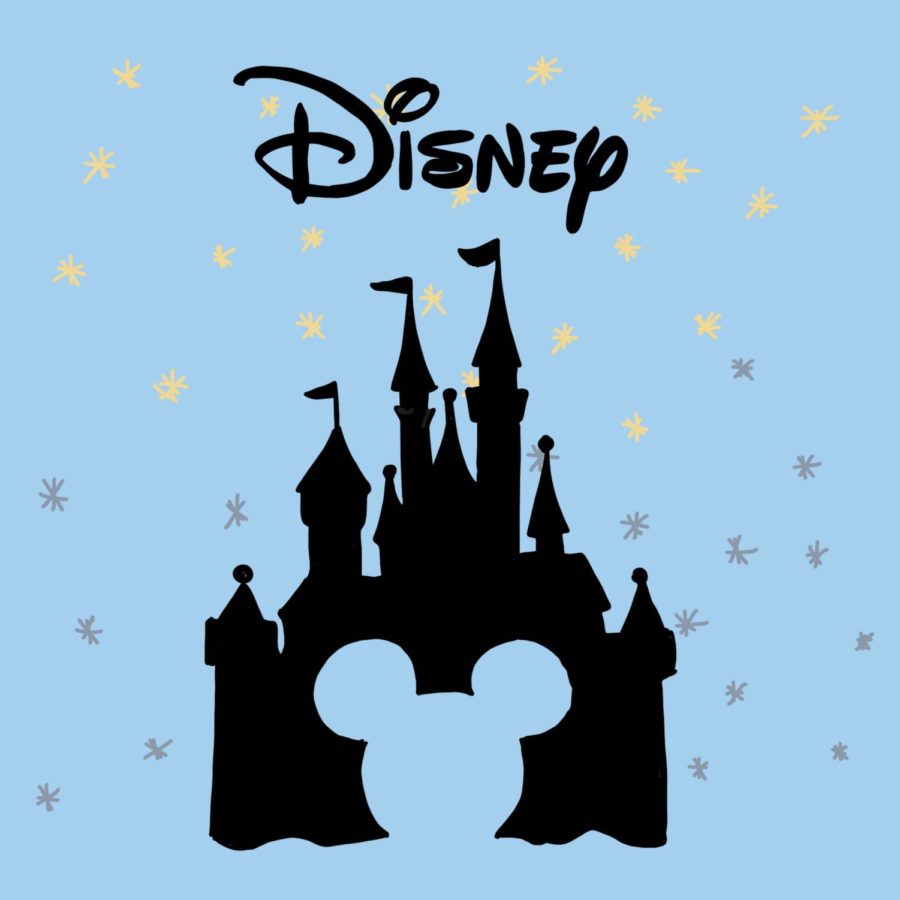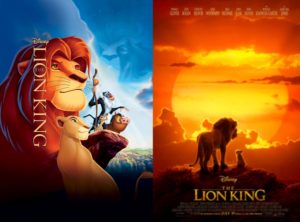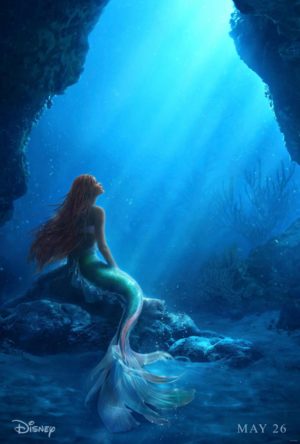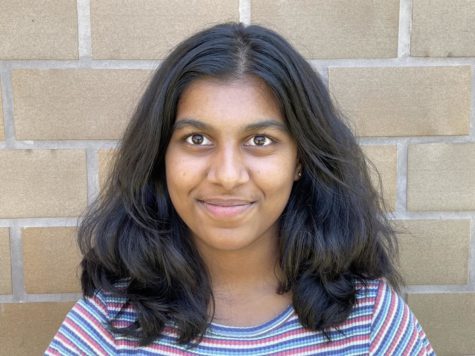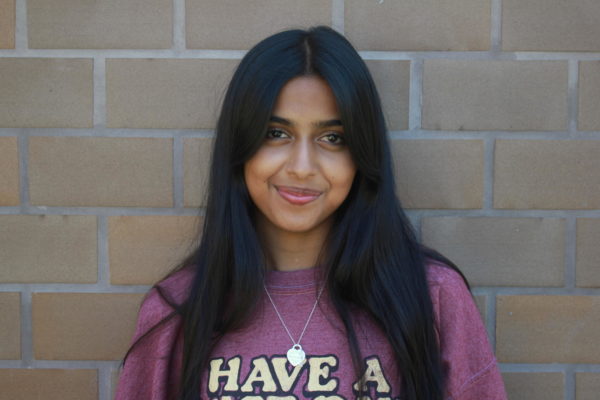Disney’s 100th anniversary marks the start of its decline
Disney’s magic seems to be fading as it reaches its 100th anniversary.
March 6, 2023
What was supposed to be a grand release with years of work and expectations ended up being a box-office hit, yet a public failure near Disney’s 100th anniversary. “Avatar: The Way of Water” managed to adapt to the 21st century theme of visual excellence, but it didn’t put as much emphasis on the flow of the plot or the themes of the storyline which many valued from previous, nostalgic Disney movies. After recalling the past several Disney movies and works, it is no longer surprising to see that this is the way Disney chose to go. Though its roots resided in basic graphics, swoon and nostalgia, the media company’s works in television, cinema, stories, and cartoons have shifted away from such models in favor of what is so-called “modern” entertainment. Yes, in the day and age of realizations of gender and racial identity as well as artistic ingenuity, it makes sense that this is what media would adapt to. But the company has taken pride in itself for the past century in bringing simple magic and inspiring stories, and this new approach in terms of content and expansion of their platform doesn’t seem to be working at the start of the next century.
However, that’s not to disregard everything Disney has accomplished. Their past century, from the start of Mickey Mouse to the culmination of an economic empire, has proven to be a remarkable feat that has touched lives of many American families. On October 16, 1923, Walt and Roy Disney opened up the Disney Brothers Studio to produce the “Alice Comedies” film that had been inspired by the success of one of their first shorts, “Alice’s Wonderland.” Soon, the name was changed to Walt Disney Studio and its success was pioneered with the release of the iconic cartoon, “Steamboat Willie” featuring the classic Mickey Mouse. Their work grew into merchandise, more short films, theme parks and eventually, the multibillion dollar entertainment empire that exists today. Not many could have predicted their success after seeing the bankruptcy and reception issues the studio faced in their early years, but now they’ve arguably had one of the most significant impacts on entertainment.
Their success has even grown in recent years, especially in terms of their movies, the main highlight of the studio; at a time where classic stories of “a knight in shining armor” were criticized, the studio managed to diversify its content into tales of coming-of-age (like “Lilo and Stitch”), complex action (the “Avenger” series) and self-realization (like “Frozen”) over the past decades. 2019 marked a milestone of the highest ticket sales they’ve ever achieved, and acquiring Marvel Studios, Pixar Entertainment, Lucasfilm and 20th Century Fox gave Disney even more of a leg-up to the public audience. The magic of Disney still exists, even though the magic has changed its form of representation across the past 100 years.
Some things now, however, highlight aspects of Disney that are failing. One lens is through the movies they have been releasing, which seem to be more emphasized on quantity than quality. Not only have the past few years been filled with live-action remakes of classic movies that have received far more criticism, but they have also been filled with movies that have not reached a majority of the public. Representation has definitely grown; “Turning Red,” for example, incited a positive response from many teens due to its representation of female puberty experiences and intergenerational trauma, and “Frozen 2” was believed by many to hint towards more LGBTQ+ themes.
Yet stereotypes still heavily flood their executions of representation, and it feels like the company is trying too hard to make big hits when in reality much of its previous movies were praised because of their simplicity and heartfelt themes that reached almost all audiences, no matter the demographic. Even in the second half of Disney’s timeline, not only were their stories simple but with nuance (like the reveal of Han’s intentions in “Frozen”), but they took place in areas we could feel natural in (islands of “Moana” and the natural landscape to a castle in “Rapunzel”), and each character felt powerful, making us be in awe even if it wasn’t realistic. Now, elongated plots focus almost always on interpersonal drama in different universes, flooding so much of their content that it no longer seems like a new and remarkable story.
This failure to expand is especially seen with Disney’s release of Disney+, a platform that was supposed to be filled with diverse content but couldn’t engage large audiences for its newer content. They’ve managed to surpass the number of streaming subscribers to Netflix by crossing 220.7 million subscribers (as of August 2022), but they fall behind in almost every category except streaming movies. They generate 39% of the revenue Netflix does per subscriber and Disney+ Hotstar in Southeast Asian countries makes up 38% of that consumer base. Netflix still sees more consistent support, as other than a few hits like “Encanto”, not one of the original releases in 2022 by Disney+ made the lists of top content of the year. It’s not necessarily about its quality– I, like many others, enjoyed many of the releases, yet I still find myself gravitating towards the classics on the platform each and every time, indulging in shows like “Hannah Montana” and the classic movies of the 2000s and 2010s. Obviously that comes from a demographic that hasn’t yet adapted to the recent versions of entertainment, but other than a few children shows, younger demographics don’t seem to be as committed to current releases.
Outside the media realm, Disney shows additional signs of negative trends, one such place being in its theme parks. They still have the beauty of the Sleeping Beauty castle and the thrill from Splash Mountain, but one of the main points of these parks has always been accessibility to general American audiences, and because of rising prices, that feature is lost. A survey done with 1,927 “DisneyWorld enthusiasts” found that 68.3% believed that the increase in theme park prices in recent years made it lose its magic, and they claimed the prices would almost double from their current price in just the next decade, making it more inaccessible to families of various demographics.
This economic downfall is seen with the company overall, as Disney shares have declined 43% in 2022, putting them on track for the biggest annual percentage drop since 1974. The “Avatar” sequel raked in more than $2 billion for the company, but many other releases like “Strange World” missed the mark badly and other movies that became really popular on streaming platforms like “Soul” weren’t even granted a theatrical release. The pandemic effect can be accounted for, yet it still seems that, especially after the release of “Avengers: Endgame,” the economic success has declined.
Many of the flaws described are, however, uncontrollable. As new generations come in and old ones live in nostalgia, seeing new releases and new types of entertainment are sure to disappoint various demographics and audiences. Like many, I miss the magic Disney had in its early years, though that is also because that magic is what I was used to growing up and is what I am used to knowing when craving the simplicity and beauty of past century entertainment. And as we suffer from an economic crisis and increased competition in the entertainment industry, it is hard to appeal to every family and keep that accessibility going.
Ultimately, no sequel may seem good enough, no remake may seem sufficient enough, no place may feel fulfilling enough and no attempt by the Company to improve may seem magical enough. Yet if it’s found that this is the feelings of many, maybe it is time for Disney to question its path and maybe bring back the magic that was marked for the past century with families globally and at home.

